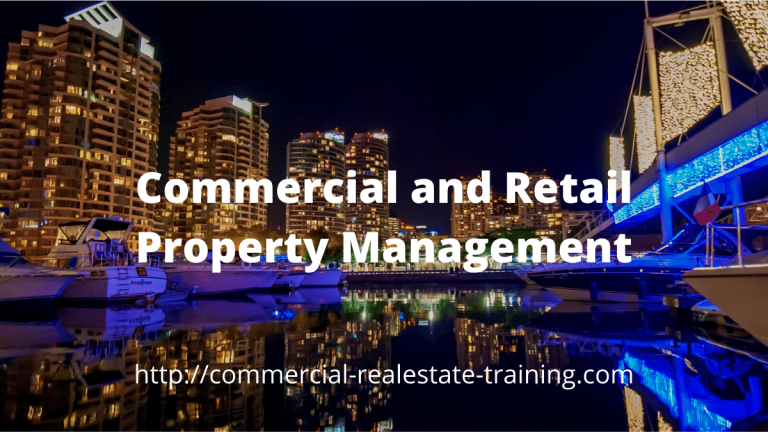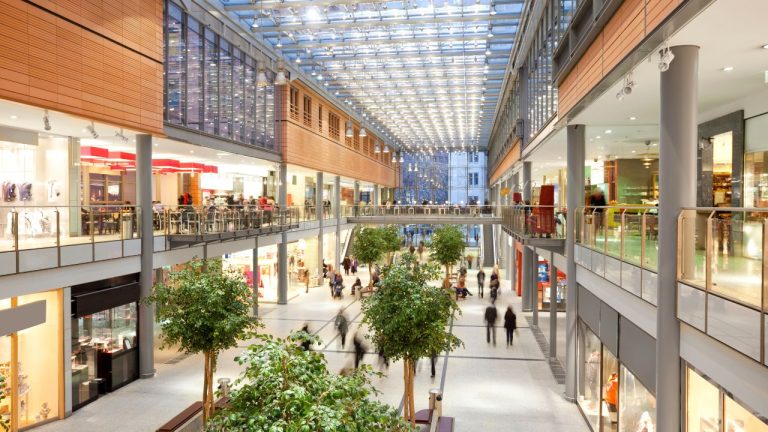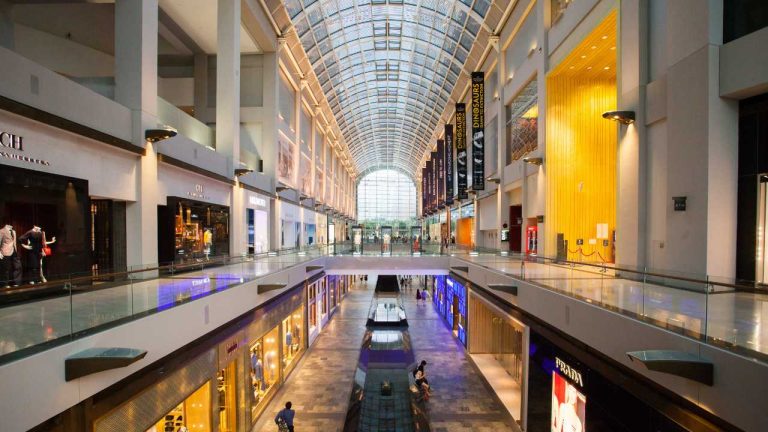Tips for Planning Outgoings Budgets in Retail Property
The function and focus on a shopping centre should be on the future it provides for both the landlord and the tenants. That being said, certain categories come to mind as quite important to property operations and performance. Planning outgoings and operational costs is a big part of that. That is why you need a budget for both income and expenditure within the property.
A shopping centre is a vibrant type of investment property. The relationships between the tenants, landlord, customers, and property manager are vital to help ongoing property function and growth. A good budget will help maintain a satisfactory net income for the landlord, and a reasonable market rent for the tenants. Here are some tips to help you plan the budget for your managed property.
- Before you start, you will need to understand the outgoings averages that apply to the property type locally. Similar properties in the same location will be impacted by the same levels of statutory charges and municipal rates.
- Compare your property to the others in the local area. Understand the history of outgoings activity over the last two or three years.
- Speak to the maintenance contractor’s in the property to understand issues of replacement and repair that will need to be structured into the budget during the upcoming 12 months. As part of that process, you should consider the re-tendering of maintenance services as necessary. Some savings can be made through appointing new contractors to the property. That being said, you still need quality and performance from every maintenance contractor. A small saving in cost can impact significantly when it comes to maintenance response and performance. Lower costs don’t always relate to quality performance.
- Understand the differences that apply to controlled verses uncontrolled costs within the property. Certain things you can control, and other things you cannot. The idea behind a budget is that you time the expenditure process. You make choices when it comes to spending money and when you do that.
- Talk to the landlord regards the cycle of property holding and investment requirements. They will need a certain net income from the property on a monthly basis. That needs to be balanced against available income and active expenditure.
- Consider the vacancy factors that apply to the property today. Are there any threats to the vacancy rate over time? Will you need to deal with upcoming vacancies and tenant relocations? They will all have an impact on occupancy and income.
- Understand the market rentals that apply within the region and for the property type. Compare your property to those identified standards. There may be future opportunities for income growth and changes within the tenancy mix. That assessment should be part of your property performance report.
- Every property will have certain needs when it comes to renovation and refurbishment. Throughout the given trading year, a property is going to need upgrades and renovation. They could very well have an impact on occupancy, customer visitation, and vacancy factors. Make the necessary assessments to avoid loss of income.
- Review the tenancy mix and the differences between specialty tenants and anchor tenants. Look for the strengths and weaknesses within the property and the mix. Identify the weaker tenants that should be removed from the property at lease expiry. Understand the targeted tenant types that should be merged into the property over time.
There will be other things to add to the list based on property type and location. Importantly you should establish a good strategy for the income and expenditure budget in a managed property. Always take notes when it comes to assumptions and market information. Those notes will be very valuable when it comes to upgrading your expectations and reviewing property performance.





